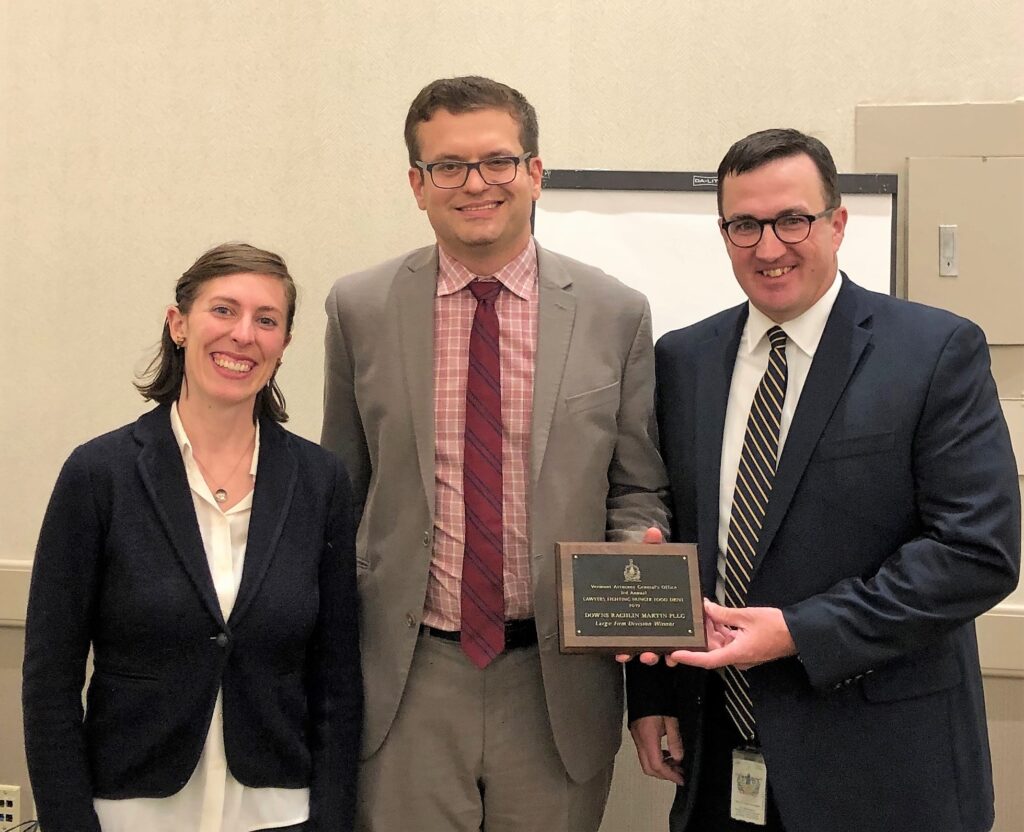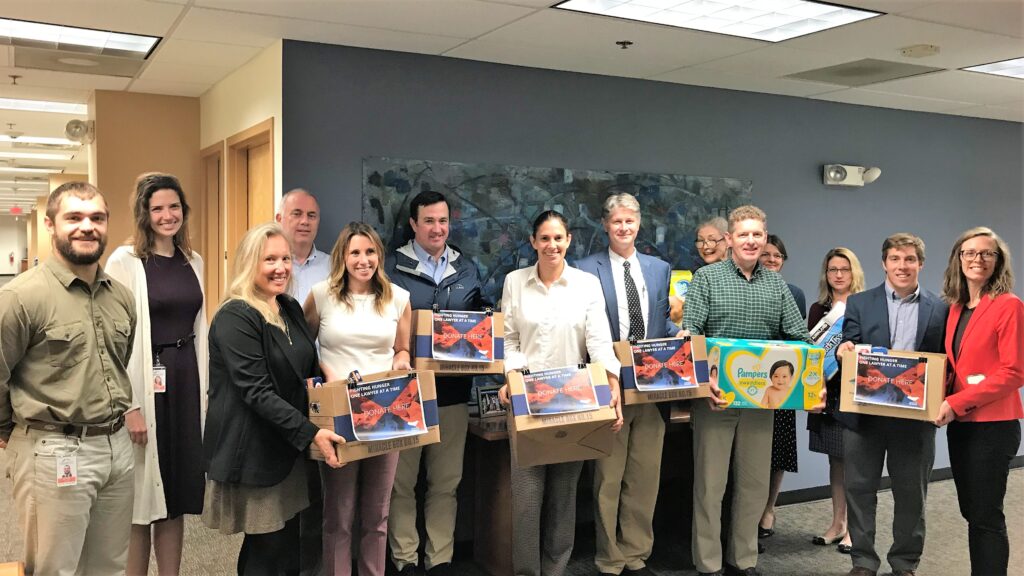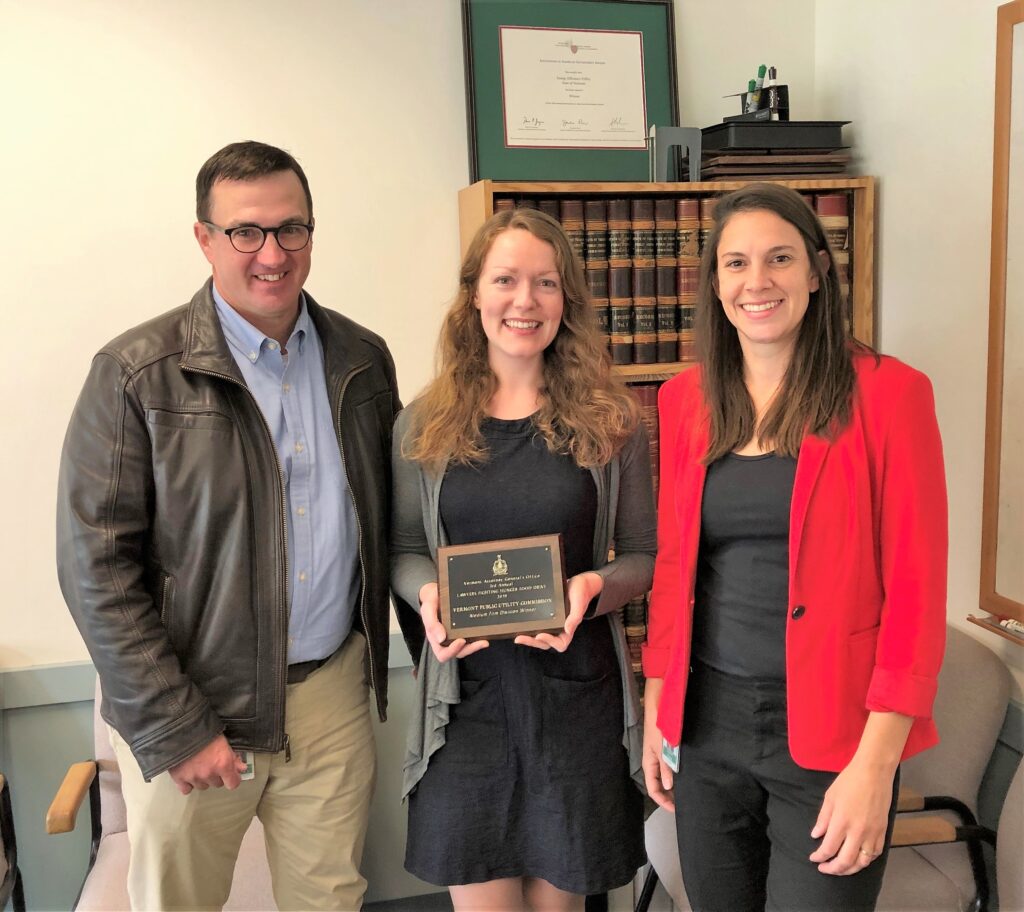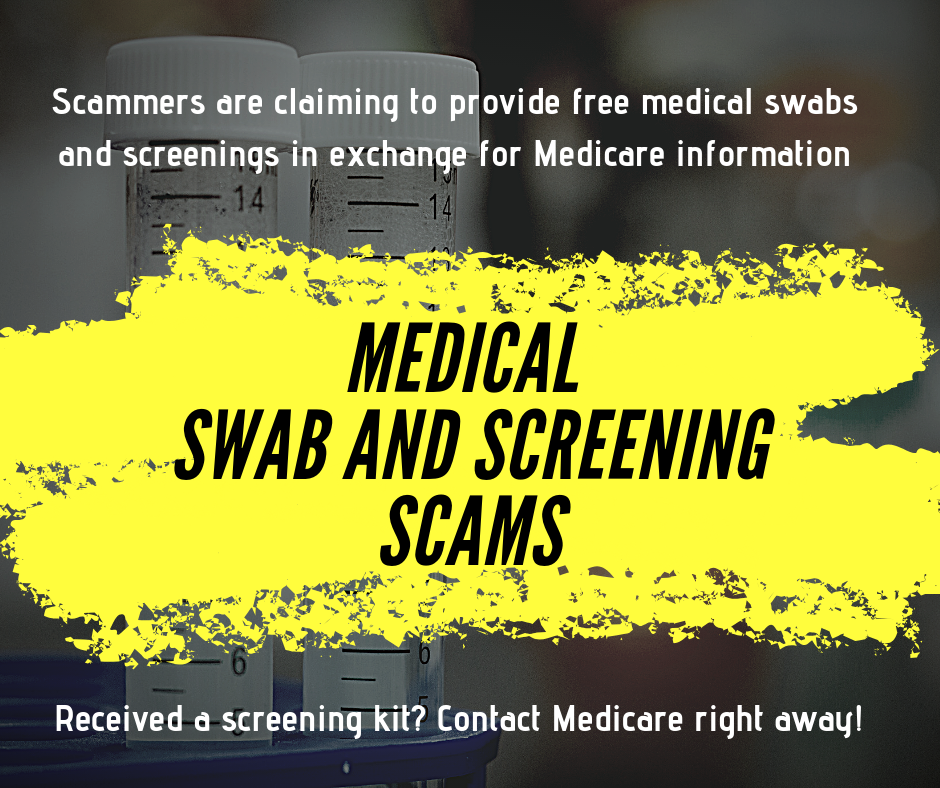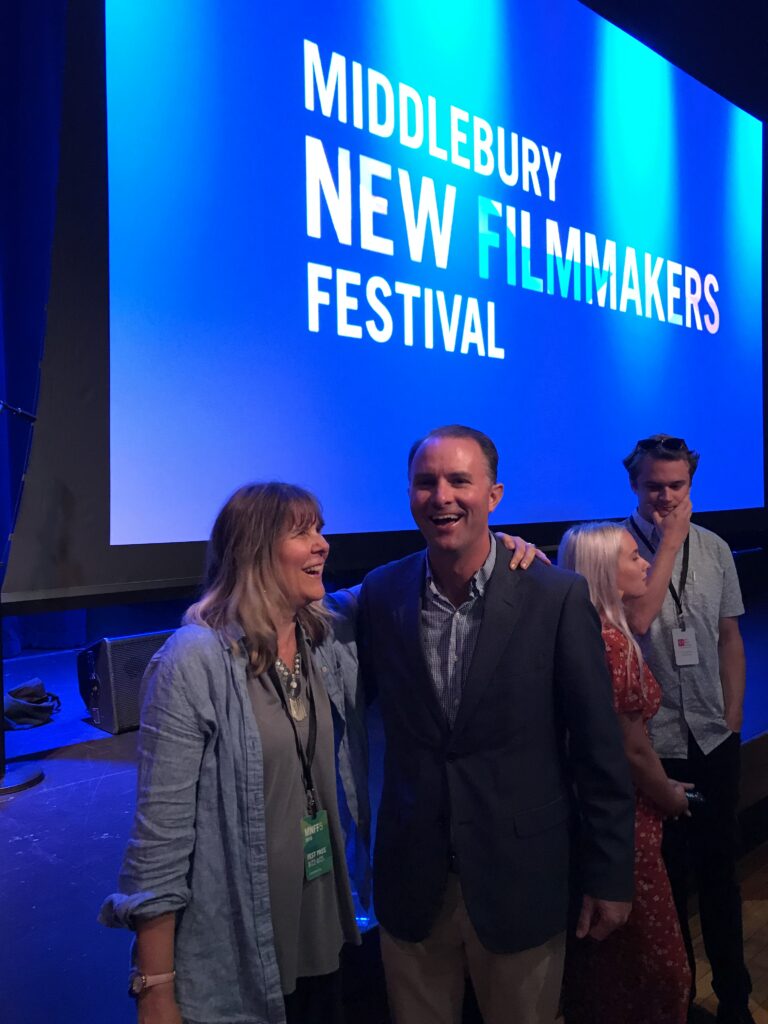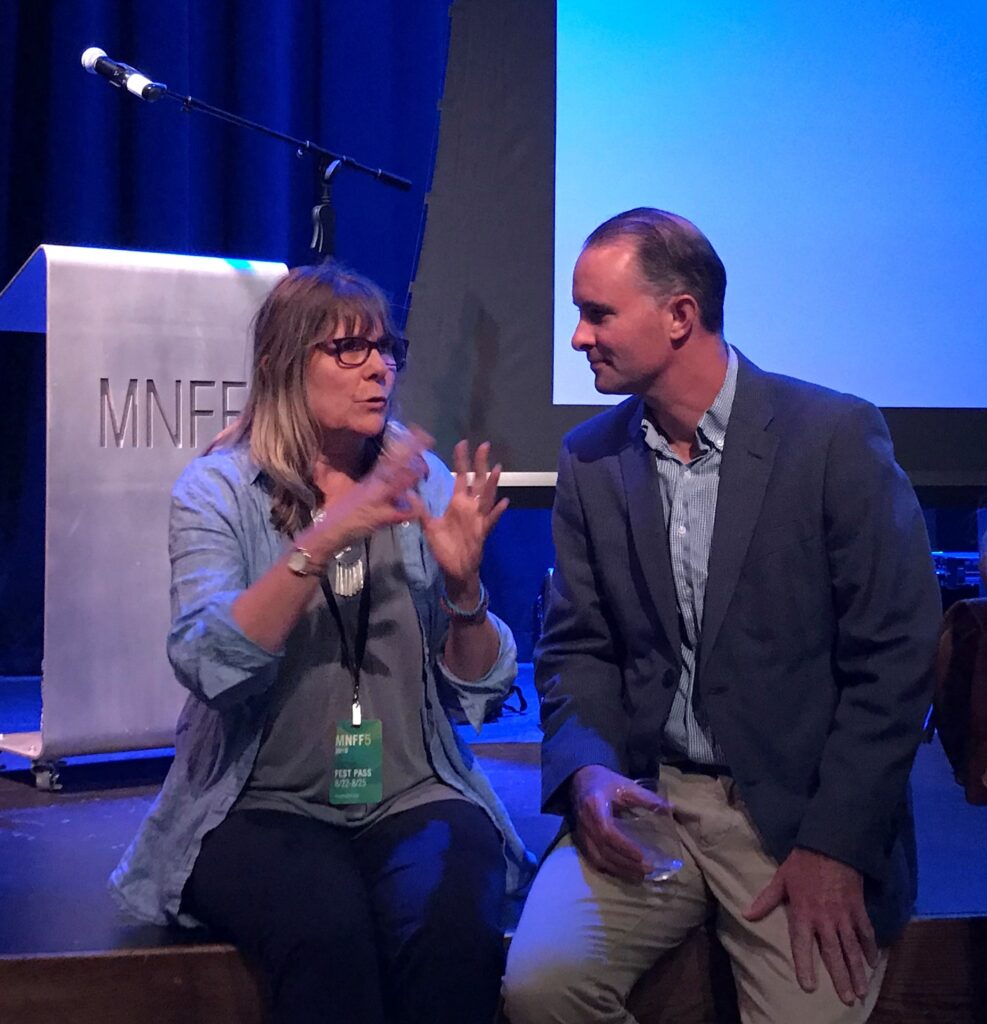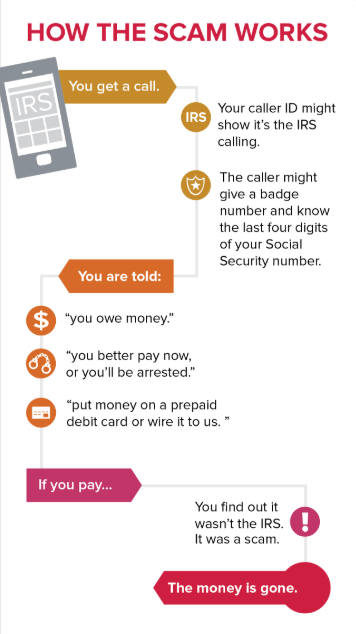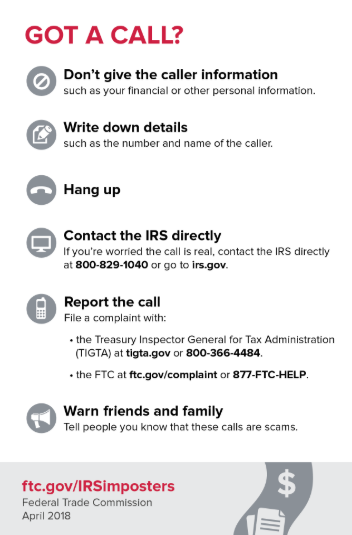This is a monthly series in which the Attorney General will feature a Vermonter doing exemplary work in their community. Have someone you think should be featured? Email AGO.CAP@vermont.gov.
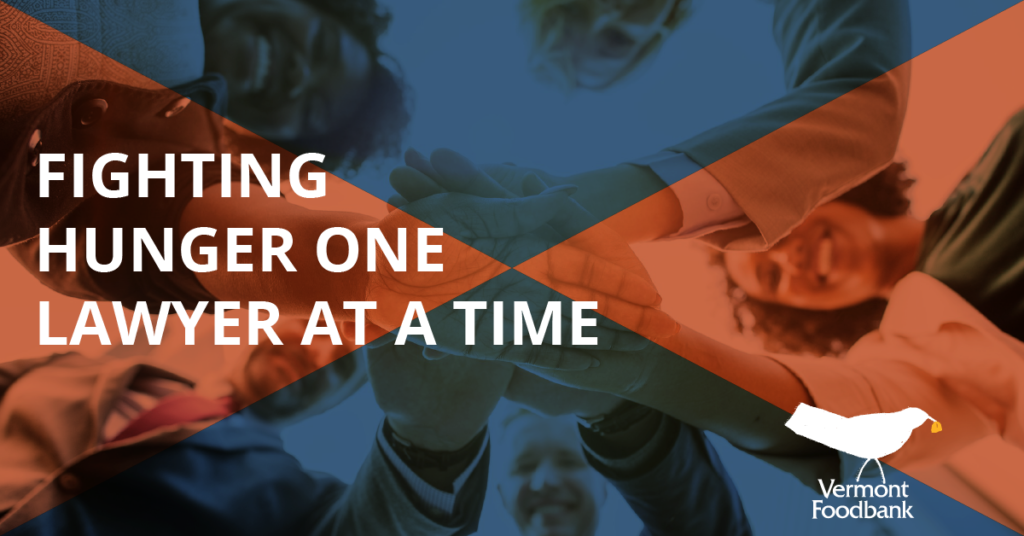
For our September Vermonter of the Month, we are honoring all of those who donated to this year’s 3rd Annual Lawyers Fighting Hunger Food Drive. This collaboration with the Vermont Foodbank and the Vermont Bar Association raised over $8,000 and more than 4,400 shelf-stable, non-perishable food items in just two weeks. Overall, in the three-year history of the Lawyers Fighting Hunger Food Drive, the Vermont legal community has raised more than $35,000 and collected over 11,000 food items. Thank you to all the Vermont lawyers and law office staff who made this year’s drive a success.
A recent study by the Vermont Foodbank and Feeding America shows that one in four Vermonters (around 153,000 people) turn to food shelves and meal service programs to feed themselves and their families. These numbers include an estimated 33,900 children and 26,010 seniors. All food and funds collected during this year’s food drive went directly to the Vermont Foodbank and over 200 Vermont Foodbank-partner food shelves and meal sites around Vermont.
Thank you to all the Vermont lawyers and law office staff who made this year’s drive a success.
Bauer Gravel Farnham, LLP
Bergeron, Paradis & Fitzpatrick, LLP
Biggam Fox Skinner, LLP
Bradley D. Myerson Law Offices
Cohen Consumer Law
Dinse, PC
Downs Rachlin Martin PLLC
Justice for Victims Legal Clinic
Maley and Maley, PLLC
McNeil, Leddy & Sheahan PC
Office of the Vermont Attorney General
Paul Frank + Collins P.C.
Primmer Piper Eggleston & Cramer PC
Sheehey Furlong & Behm P.C.
Stitzel Page & Fletcher P.C.
Vermont Bar Association
Vermont Department of Financial Regulation
Vermont Law School
Vermont Legal Aid, Inc. – Rutland Office
Vermont Public Utility Commission
Vermont Trial Lawyers Association
